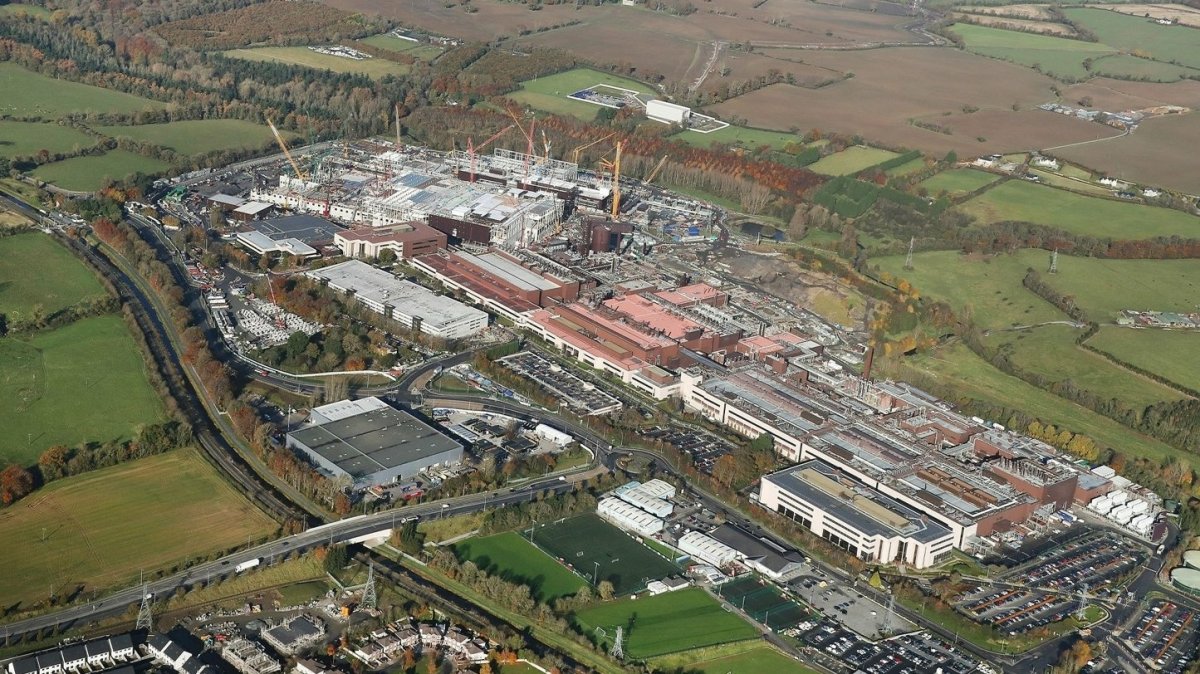Before Brexit, the UK was a possible location for a new Intel factory. After leaving the European Union, such an investment is no longer an issue on the island, confirms Intel boss Pat Gelsinger. Instead, the market leader in computer processors is focusing on a new chip factory in the EU – with the help of appropriate funding from the EU and the individual countries.
Im Conversation with the BBC explained Gelsingerthat Intel would like to increase its production with new and expanded semiconductor plants, since the global chip shortage is severely affecting the automotive industry and other branches of the economy. The chip crisis shows that the USA and Europe are too dependent on Asia for chip production.
In the next ten years Intel could invest up to 85 billion euros in European chip production, as long as the state subsidies are correct. At the same time, the current semiconductor plants in the USA are to be expanded. Intel is expanding its production facilities in Arizona from four to six chip factories and is investing $ 20 billion there.
Intel collects fab suggestions and funding offers
Intel would definitely have considered Great Britain as the location of a new semiconductor plant, but Brexit changed everything. “I have no idea if we would have found a better location in the UK,” said Gelsinger. “But we now have around 70 suggestions for locations across Europe from maybe ten different countries. We hope that we can agree on a location and support from the EU this year.”

–
–
–
The USA currently produces around twelve percent of all computer chips worldwide, while Samsung in Korea and the Taiwan Semiconductor Manufacturing Company (TSMC) together are responsible for 70 percent of all chips. Against this imbalance, Intel is looking for funding from American and European governments, which in turn see their national securities threatened by chips from Asia.
Intel: Chip shortage by 2023
Semiconductor production is still cheaper in Asia, and the competitors there are also expanding their manufacturing capacities by investing billions in order to be prepared for the increasing demand. Intel does not expect the lack of chips to stabilize quickly.
According to Gelsinger, Intel and the entire industry are working “like crazy” to address the chip shortage, but it will take time. It is expected to get incrementally better over the course of next year, but it is unlikely that the situation will stabilize before 2023.
(fds)
– .


